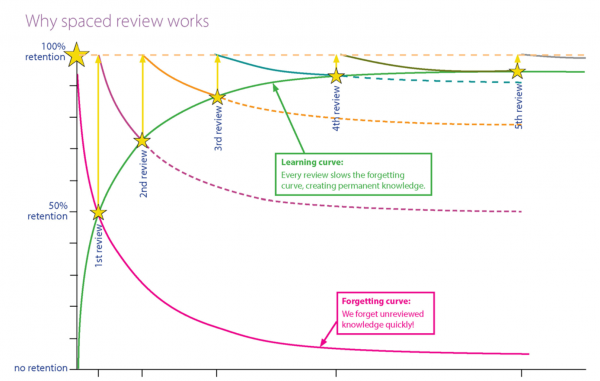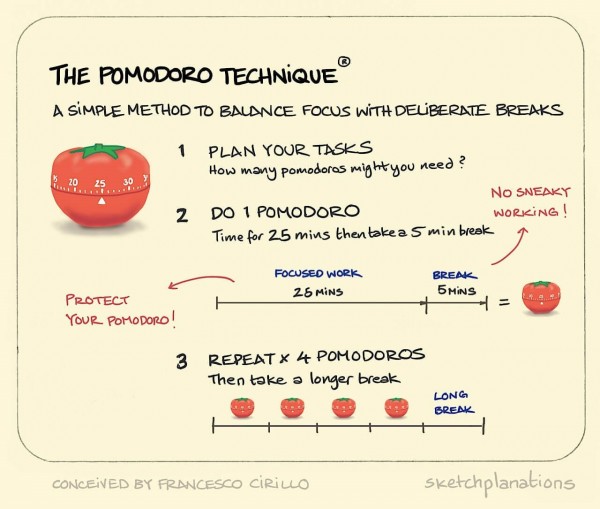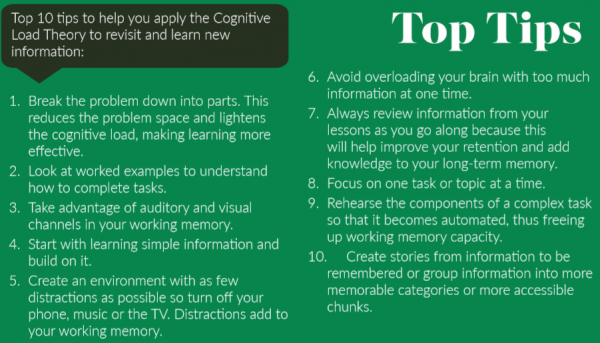About Us
Revision and Student Resources
Here you will find revision guidance and a link to the student resources are in our SharePoint. Click here.
You will find:
- Study Skills PSHE lessons
- PiXL Independence Booklets
- PiXL Knowledge Mats
- PiXL Progression Booklets (11 into 12 and 12 into 13)
- The UCAS folder
- The VESPA Booklet - this is everything you need to know in order carry out the most effective study and revision.
- The PPE Preparation Personalised Learning Checklist (PLC) - follow every step on this guide to prepare you for the exams, you can also access a copy below.
Study Skills PSHE lessons
1. How to Make Things Stick - Long Term Memory and Learning
How to Make Learning Stick - PowerPoint
How to Make Learning Stick - Reading Task
2. Motivation and Organisation
Motivation and Organisation - PowerPoint
Motivation and Organisation - Worksheet
Motivation and Organisation - Quiz
3. Getting the Most out of Your Device
Getting the Most Out of Your Device
4. Engaging with Sources
Engaging with Sources - PowerPoint
Engaging with Sources - Engaging with Sources - Reading Strategies
Engaging with Sources - Cornell Note Taking
Engaging with Sources - Reading Questions
What can I use to revise? Here are some essential hints and tips.
Personalised Learning Checklists (PLCs) are available for all of your subjects. These are maps of the curriculum that you study and will guide your revision and independent study, make them an essential part of your revision and study plan.
Revision Guides - make sure you have a copy as this will collate all of the key notes that you need with a host of exam style questions and answers.
Past Papers - check out the exam board website for past papers. Practice completing these in exam conditions and asking your teachers for feedback.
Spaced Learning & The Forgetting Curve - What is spaced repetition? Spaced repetition is a learning technique where you review material and increasingly spaced intervals to improve long-term retention. Click here video covers the definition of spaced repetition and how to implement it.

Interleaving - this is a method to use when revising, to help you remember more for the exam and to understand it better as well. It is about what you do with your time when revising.
How does Interleaving work?
Learning is spread over time rather than in concentration on narrow topics one after the other. Watch the video to find out more here.
What are the benefits of Interleaving?
- Strengthens memory recall.
- Your brain is continually changing focus and attempting to find different responses to bring into your short-term memory.
- By revisiting material from each topic several times, in short bursts, you can increase the amount you remember in the exams.
- Each time you revise information it strengthens your memory recall.
How to apply Interleaving
Break units down into small chunks and split these over a few days rather than revising one whole topic all at once.
- Decide on the key topics you need to learn for each subject.
- Create a revision timetable to organise your time and space your learning.
The Pomodoro Technique - The Pomodoro Technique is an effective way to beat procrastination and maintain productivity and focus. The Pomodoro Technique utilizes alternating study and break times of 25 and 5 minutes, respectively. Each of these 25 minute bursts of productivity is called a "pomodoro", named after the tomato timer used by Francesco Cirillo in the 1990's. Click here for an video explanation.
Use Tomato Timer on your iPad, PC or phone https://tomato-timer.com/

A Revision Timetable - use the techniques on this page to plan out and effective, interleaved and spaced timetable which plans recall of knowledge and application of knowledge into exam questions. Below you will find some downloadable templates:
Active Recall - An essential part of learning and studying is remembering things. This videos explains some of how your memory works so that you can spend less time working against your memory’s limitations and more time playing to its real strengths. Click here for a further explanation.
Practice Testing is one of the most effective ways to carry out active recall is through practice testing. There are several ways of doing this, they are:
- Past Papers – the holy grail of practice testing, not only will this be content specific to your exam board but there will be either an answer booklet or a teacher on hand to give you proper feedback. You should aim to do two a week.
- Textbook quizzes – either in pairs, test each other by asking each other questions or use the question section of a book, if it has one.
- Online tests on the subject – Quizlet is a great resource – just search for the topic and the exam board and something will definitely be available.
- Redoing old tests (particularly if you’re preparing for mid-terms or finals.) – many students don’t do this but redoing old tests from mocks, classroom assignments or past papers done in study periods are a great way of consolidating learning.
- Flashcard tests – shuffle cards from different topics (interleaved and spaced learning!) and pair with someone in your class.
- Creating your own tests – use your PLC to identify the areas of a given topic that you know little about, create some questions and voila!
Some top tips for remember things!

Key Subject Specific Vocabulary - this is so key to accessing the content and expressing yourself like a subject master, please see the Quizlet links below:
- Art, Craft & Design - https://quizlet.com/_8dfxwm?x=1jqt&i=19uc6c
- Science – https://quizlet.com/_55247u
- English – https://quizlet.com/_313tje
- Media – https://quizlet.com/_51wsbf
- Economics - https://quizlet.com/_3gk87r?x=1jqt&i=19uc6c
- Geography – https://quizlet.com/_4m188r
- Computer Science – https://quizlet.com/_4qi4x8
- Psychology – https://quizlet.com/_3akhnq
- Maths subject vocabulary - https://quizlet.com/_8dg0oa?x=1qqt&i=19uc6c
- Maths exam command words - https://quizlet.com/_8dg0to?x=1qqt&i=19uc6c
- Business Studies – https://quizlet.com/_3l6674
- BTEC Travel & Tourism – https://quizlet.com/_4465qh
- BTEC Vocational Business - https://quizlet.com/_7rxvpi?x=1jqt&i=19uc6c
- BTEC Health & Social Care - https://quizlet.com/_2qjeup?x=1jqt&i=19uc6c
- Sociology – https://quizlet.com/_31qier
- Level 3 Core Maths - https://quizlet.com/_6lfa51?x=1jqt&i=19uc6c
- BTEC Sports studies – https://quizlet.com/_9404kr?x=1jqt&i=19uc6c
- Philosophy & ethics – https://quizlet.com/_4r8u2f
- BTEC Performing arts – https://quizlet.com/_2o0byx?x=1jqt&i=19uc6c
- Law – https://quizlet.com/_2ulbg3
- Languages – search unit names for flashcards
- History – search topic name + vocabulary
- Product Design - https://quizlet.com/_2yskup?x=1jqt&i=19uc6c
- General exam command words – https://quizlet.com/_5nfxcv
